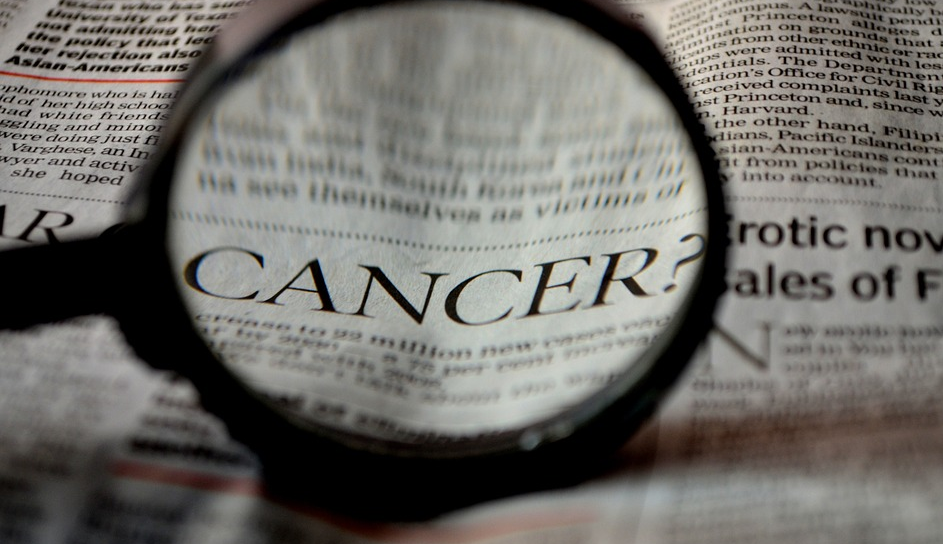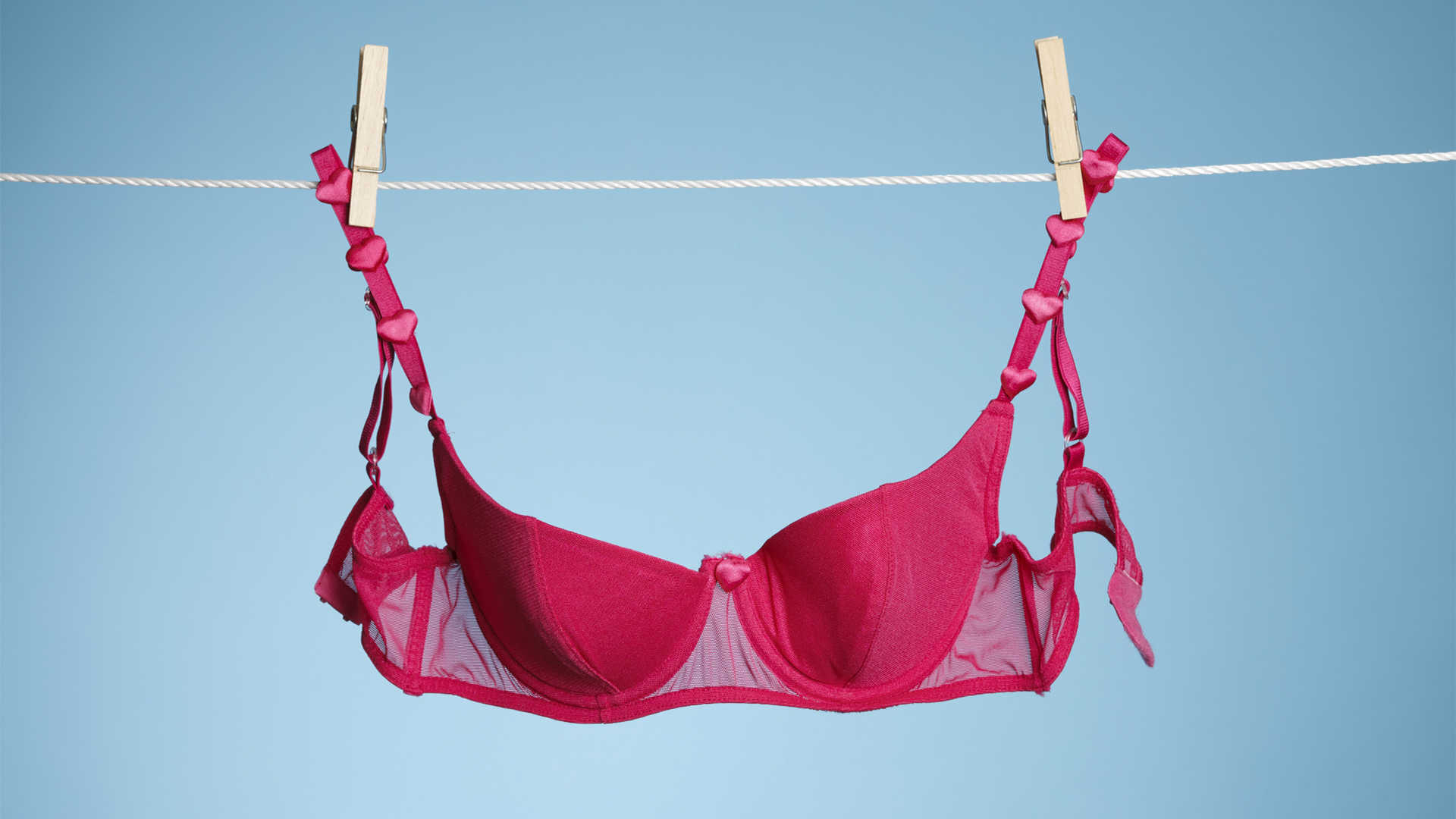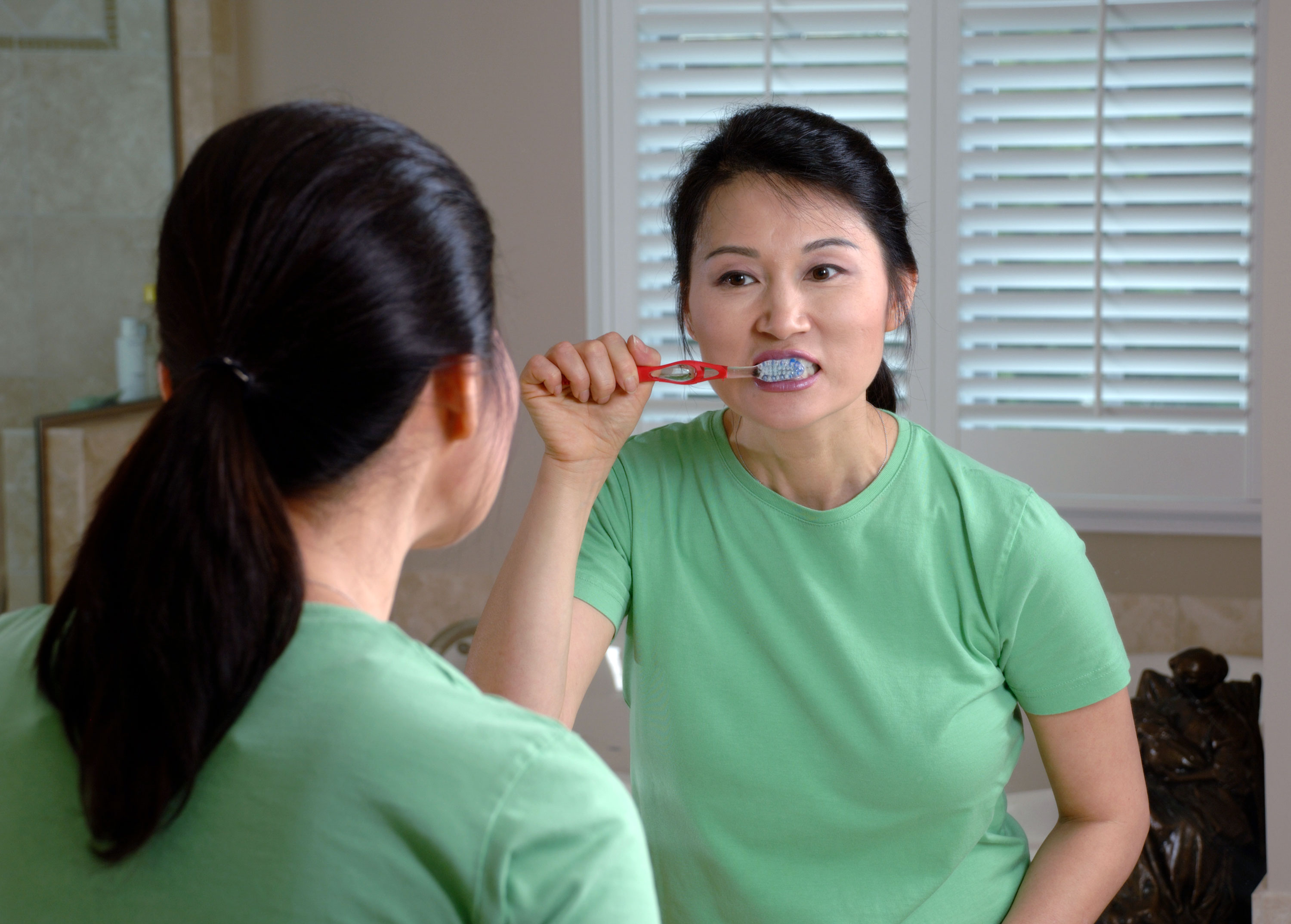Just 9 tbsp of olive oil a week can improve erectile dysfunction by up to 40%
03/06/2019 / By Ralph Flores

Men suffering from erectile dysfunction may find an ally in olive oil, a study in the journal Circulation suggests.
In their study, researchers from the University of Athens have found that just nine tablespoons of olive oil can greatly improve symptoms of erectile dysfunction by as much as 40 percent. This is much better than the effects given by sildenafil, a drug commonly used to treat erectile dysfunction and pulmonary hypertension.
The findings offer a novel approach to treating erectile dysfunction, a common form of sexual dysfunction in men. In particular, erectile dysfunction refers to the condition where a man has trouble getting or keeping an erection, especially during sexual intercourse. For most men, stress is a contributing factor for occasional erectile dysfunction; however, if the condition persists or becomes frequent, this could indicate the presence of a health problem that needs to be treated. It could also be a sign of emotional or relationship challenges that need to be addressed by a professional. According to data from the Boston University School of Medicine, about 10 percent of men aged 40–70 suffer from severe or complete erectile dysfunction while at least 5 percent of men below age 40 have some form of the condition. Sildenafil — better known by its brand name Viagra — is a popular drug for maintaining an erection, but it still carries the risk of adverse effects ranging from headaches, back pain, and even problems with vision.
For this study, the team investigated whether olive oil can improve symptoms of erectile dysfunction, given its ability to maintain healthy blood vessels. A total of 660 Greek men were recruited for the study, some of whom had erectile dysfunction. Based on their diets, the researchers found that men who had been consuming a Mediterranean diet — of which olive oil is a staple — reported lower problems with their sexual performance than those who consumed other forms of diet. In addition, men who took olive oil had higher testosterone levels, which reduces the risk of erectile dysfunction, allowing them to have an erection adequate enough for sexual intercourse.
For lead researcher Christina Chrysohoou, this effect relies not only on a man’s diet but also on regular exercise. She also added that those who followed the Mediterranean diet, aside from improving their symptoms, also lowered their risk of other chronic diseases like high blood pressure, diabetes, and obesity — all of which can adversely affect a man’s ability to maintain an erection.
“This is a drug-free solution that allows men to keep their sexual function,” Chrysohoou explained in Medical Daily. “[It’s] also a long-term answer to protecting a man’s ability to perform in the bedroom.”
More than just a problem “down there”
A lot of men believe that problems with getting or keeping an erection are something that’s left in the bedroom. However, scientists agree that in most cases, it could mean something more — often, a warning sign of heart disease or other cardiovascular problems. This is mainly due to how an erection occurs, physiologically speaking: To achieve it, blood must be delivered into the penis, where it is kept there, and drained away afterward.
Erectile dysfunction occurs when this process does not happen, mainly because of something that interferes with blood flow to the penis. In a lot of cases, it’s because of atherosclerosis, a condition where plaque builds up in the arteries, restricting blood flow and clogging up blood vessels. In severe cases, such as when plaques develop in the coronary artery, it can cause cardiovascular diseases such as angina, heart attacks, and even strokes.
Fortunately, preventing erectile dysfunction from happening is something that’s easily done. For one, a healthy diet and an active lifestyle help a lot. For those who smoke, quitting can greatly improve symptoms.
Learn more about other natural treatments for erectile dysfunction at MensHealth.news.
Sources include:
Tagged Under: erectile dysfunction, heart health, menshealth, natural medicine, olive oil, prevention, remedies




















